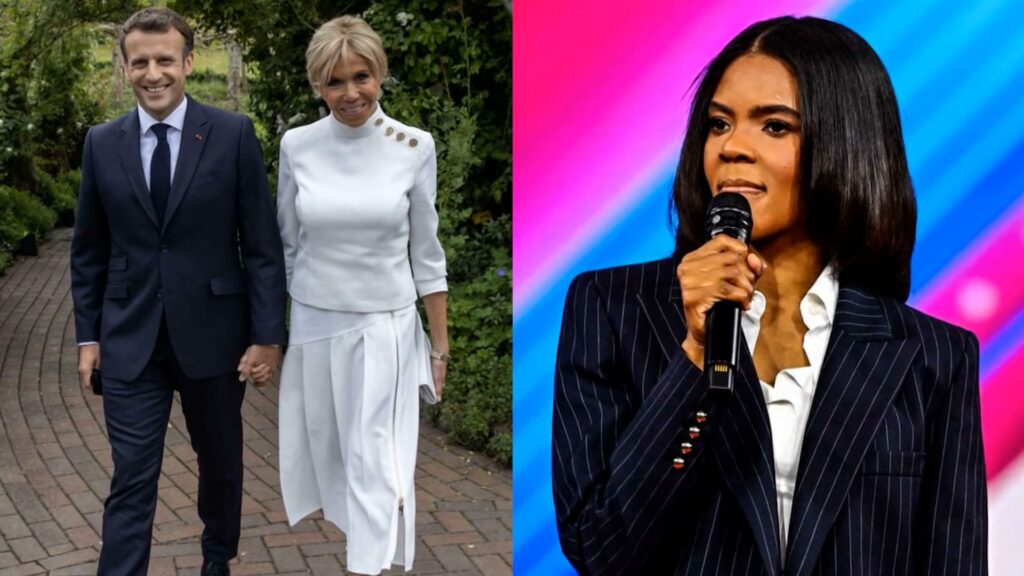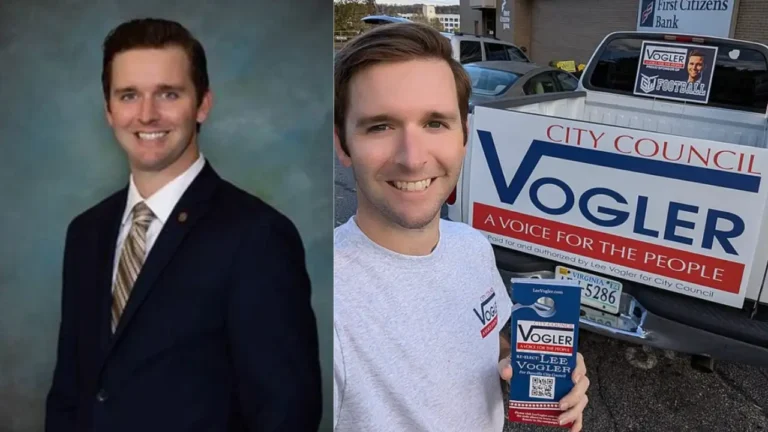
Macron Couple Take Legal Action Against Candace Owens for Defamation
On July 23, 2025, French President Emmanuel Macron and his wife Brigitte Macron filed a 22-count defamation lawsuit in Delaware Superior Court against American conservative commentator Candace Owens. The lawsuit’s central accusation holds that Owens orchestrated a false and damaging “campaign of global humiliation” by repeatedly asserting that Brigitte Macron was born male, stole another person’s identity, and participated in conspiracy and incest theories.
Allegations Contained in the Complaint
According to the filed complaint, Owens spread outlandish claims, including:
- That Brigitte Macron was actually born Jean-Michel Trogneux, a name belonging to her brother.
- That the Macrons are blood relatives and engaged in incest.
- That President Macron was not legitimately elected but installed as part of a CIA mind-control or MKUltra-style program.
These assertions, the suit alleges, were not only defamatory but also a strategic means for Owens to grow her platform, boost engagement, and profit from monetization of the “Becoming Brigitte” podcast series and related merchandise, including T-shirts that mockingly label Brigitte “Man of the Year”.
Defense attorneys for the Macrons argue that Owens ignored multiple cease-and-desist letters and continued to spread the same falsehoods, prompting the decision to pursue legal recourse (euronews).
Stakes: Defamation, Actual Malice, and U.S. Law
Filing in Delaware, where Owens’ U.S.-based operations are located, the Macrons are seeking both compensatory and punitive damages, along with a jury trial. Under U.S. defamation law, public figures must prove “actual malice”, meaning Owens knowingly or recklessly propagated false information. The 218‑page complaint meticulously refutes each allegation, citing birth announcements, childhood photographs, and statements regarding Brigitte Macron’s identity.
This legal action is notable for its rarity—instances of heads of state suing U.S. media personalities are uncommon. It follows a previous related legal case in France, where Brigitte Macron initially won a libel suit in 2024 over similar rumors, though that verdict was later overturned on appeal, now pending review by the Court de Cassation (France 24).
Reaction from Both Sides
In a joint statement, the Macrons’ lawyers described Owens’s actions as a “relentless smear campaign” that has inflicted significant emotional and reputational harm on the couple, disrupting their daily lives (Advocate.com).
Owens’ camp, meanwhile, has characterized the lawsuit as an affront to her First Amendment rights, labeling it an attack by a foreign government aiming to suppress free expression. A spokesperson emphasized that Owens remains unyielding and intends to address the matter via her media platforms.
In her own statement, Owens denounced the suit as “littered with factual inaccuracies” and part of a desperate PR strategy, pledging to respond fully in her podcast and interviews.
Broader Implications
This case is raising important questions about the extremes of influencer-led misinformation and the limits of free speech in the digital era. It explores complex legal terrain—balancing defamation protections with the constitutional safeguard of free expression.
If a U.S. court finds Owens liable under Delaware law, it could set a new precedent on how aggressively public figures and global political leaders can respond to misinformation originating within the U.S. media ecosystem. Proving actual malice will be critical to the Macrons’ case.
What Comes Next
The case is scheduled for Delaware Superior Court, where Owens is expected to appear. Proceedings will likely delve into Owens’ intent, the factual veracity of her claims, and the context of her podcast series “Becoming Brigitte.” As the lawsuit develops, it will be closely watched for its ramifications on international defamation law, cross-border legal strategies, and the responsibilities of digital influencers (Al Jazeera, Bloomberg Law).
This case—Macron v. Owens (No. N25C‑07‑194)—marks a rare, high-profile legal confrontation between a Western political leader and a U.S.-based media commentator, with both legal and symbolic significance.
Let me know if you’d like deeper analysis on the lawsuit’s legal arguments, U.S. defamation law, or its digital-era context.





